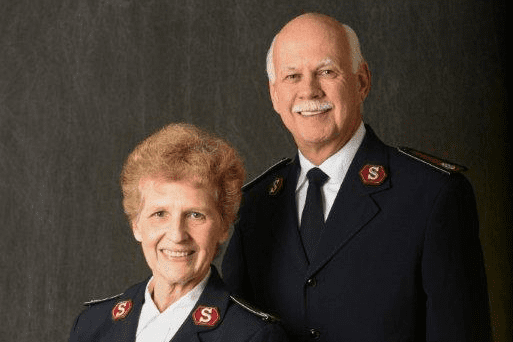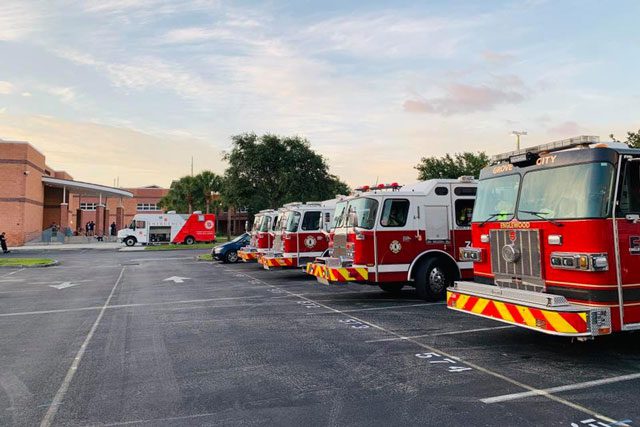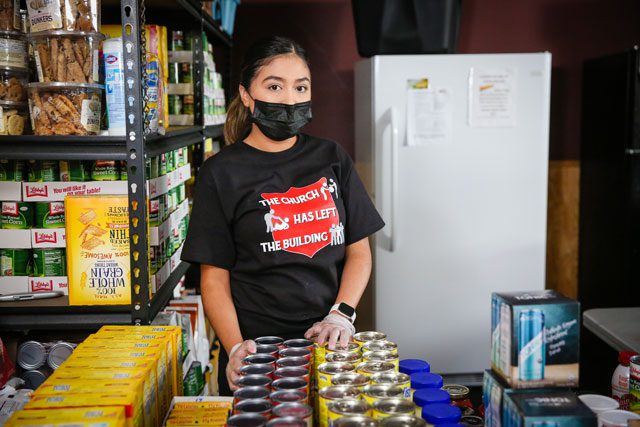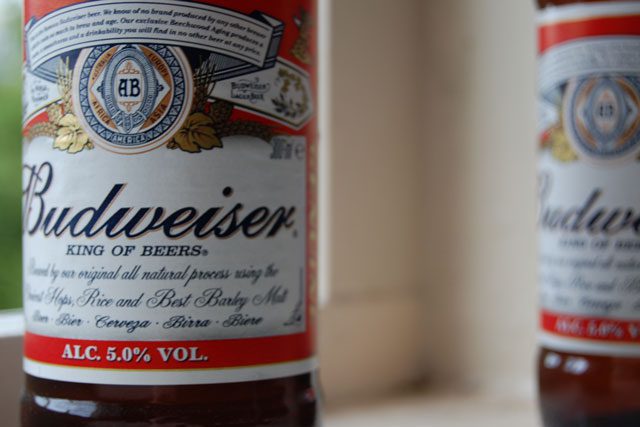The Salvation Army is represented at the 2005 White House Conference on Aging held in Washington D.C.
by Lisa Bingham –
Once every decade, the White House Conference on Aging (WHCoA) meets in the nation’s capital to make policy recommendations to the President and Congress on issues critical to America’s aging population. The Salvation Army was represented at the December 2005 conference by Lt. Colonel Ronda Bollwahn, associate national social services secretary and consultant for volunteers and older adults. Bollwahn was chosen as an at-large delegate, one of only 429, following an extensive application process of 2,800 initial nominations from varied groups and agencies. Bollwahn stated she was “honored to be selected as a delegate to this historic event and to represent The Salvation Army [and] encourage policies that will affect the lives of older adults for many years to come.” She also met other delegates who serve on Salvation Army boards from around the country.
Guiding national aging policies for the next ten years and beyond, the conference is tasked with assisting the public and private sectors in promoting dignity, health, independence and economic security of older persons. The 2005 WHCoA, focused on the aging of today and tomorrow, including the 78 million baby boomers who will begin to turn 60 in January 2006. The opening session featured thirty speakers from other countries who shared their concerns about aging populations. “It was very eye opening to see how other countries are preparing for global aging,” said Bollwahn.
A total of 73 resolutions were voted on by the delegates addressing important issues for seniors and their families. However, it is the top ten of these that will garner the most focused attention. “It is quite interesting to note,” said Bollwahn, “that the top two resolutions were the Older Americans Act (OAA) and long-term care, which reflect concerns about the independence and health of older Americans, not Social Security and Medicare. Those were in the top ten, but not the top two. The OAA, which helps seniors stay independent through nutrition, caregiver support, senior center services, transportation, and personal care support is seriously under-funded, misunderstood, and does not receive the attention it deserves. This was the number one issue on the agenda.”
What happens next? Bollwahn explains: “The state delegates will have follow-up meetings to discuss these resolutions with their governors and senators and other elected officials. Those of us who were delegates at-large will be doing follow-up work with aging agencies that were also represented at the conference. I have already been contacted by the National Council on Aging for an e-mail distribution list to share reactions, ideas and comments.” Bollwahn believes that those who gathered at the White House Conference on Aging will send a clear message to Congress. “The nation is facing a growing long-term care crisis. The fastest growing segment of the U.S population is over age 85––the group most likely to need long-term care and those who most want to stay in their homes and communities.”
To learn more about programs for seniors in your community, contact your local Salvation Army or your divisional Older Adults Ministries secretary.
Western Territory
Alaska Captain Sybil Smith
Cascade Major Betsy Kyle
Del Oro Major Candice Frizzell
Golden State Major Trish Froderberg
Hawaiian &
Pacific Islands Major Sharron Hudson
Intermountain Captain Debbie Lum
Northwest Major Agnes Hailes
Sierra del Mar Major Joyce Loomis
So. California Major Jeanne Baker
Southwest Major Tom Ford











